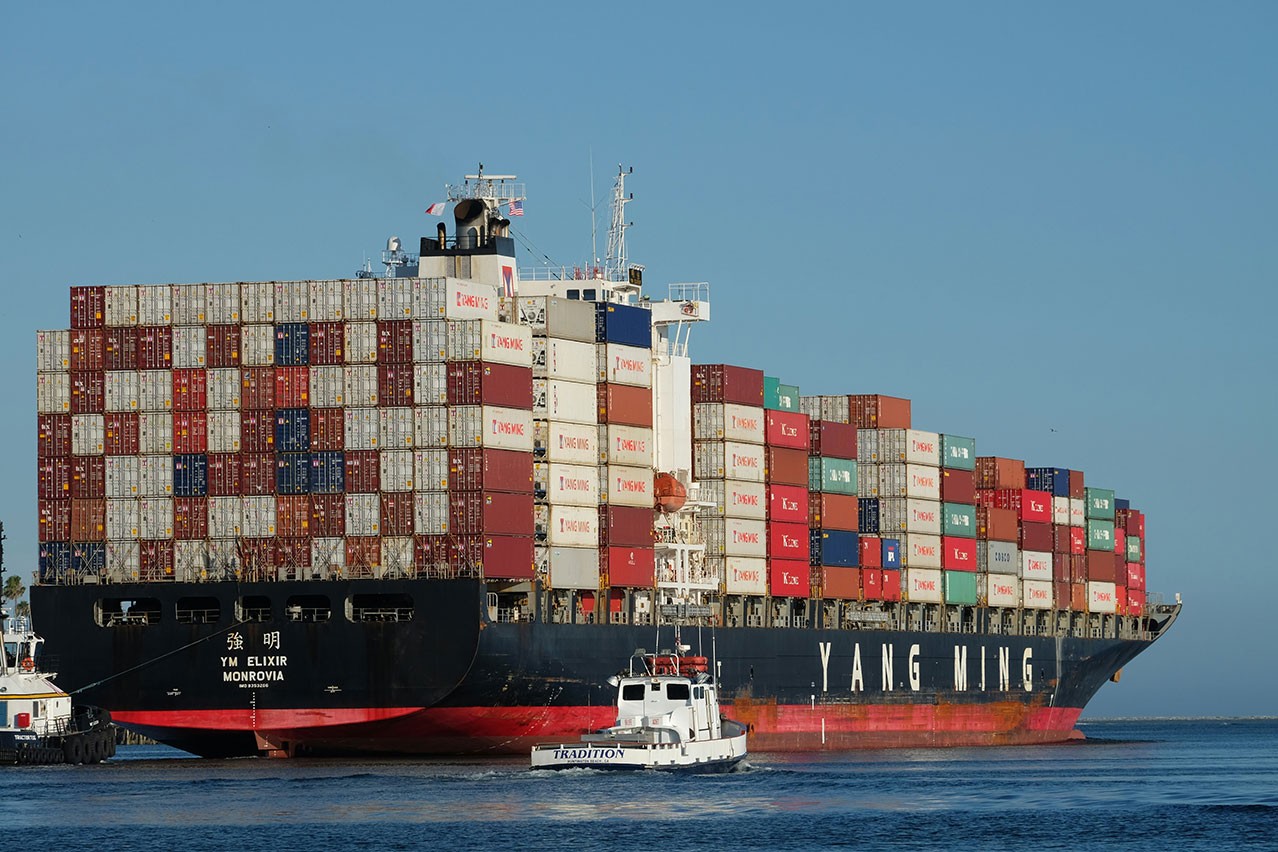The decision to expand a business globally offers numerous opportunities for growth, innovation, and cost efficiencies. Tapping into new markets allows companies to diversify revenue streams, reach larger customer bases, and access global talent. For example, businesses can reduce operational costs by leveraging international suppliers and production facilities in regions where labor or raw materials are cheaper. Additionally, the global exchange of ideas and collaboration fosters innovation and access to diverse talent, which helps businesses stay competitive in rapidly changing industries.
However, with these benefits comes an increase in real and perceived trust risks, especially for small and medium-sized enterprises (SMBs) entering unfamiliar markets. One of the most significant concerns is payment delays, which can arise due to differences in banking systems, currency conversion, and time zone discrepancies. For many businesses, especially SMBs, delayed payments can cause disruptions in cash flow, hindering their ability to pay suppliers or reinvest in their operations.
Moreover, fraud risks are magnified when operating across borders. In fact, fraud-related concerns have become a dominant issue, with 38% of global businesses reporting higher levels of fraud risk in international dealings. These concerns are not unfounded; businesses operating globally face the possibility of fraudulent partners or suppliers and the risk of counterfeit products entering the supply chain.
Managing regulatory compliance in different jurisdictions adds another layer of complexity. Regulatory environments can vary widely across regions, and businesses often face difficulty navigating import/export requirements, trade regulations, and tax laws.
However, businesses do not need to abandon global expansion due to trust concerns. There are effective solutions that can mitigate these risks and help companies navigate the complexities of international operations. One critical tool that LiquidTrust offers is similar to traditional escrow services, which hold funds in a secure account until both parties fulfill their contractual obligations. This mitigates payment risks, ensuring that neither party suffers financial losses due to non-performance. Escrow solutions and the kinds of backend integrated services LiquidTrust offers in lieu of third-party escrow are particularly useful in high-value transactions and industries where the potential for fraud or non-compliance is high.
Another key solution is advanced fraud detection technology. By using artificial intelligence and machine learning to monitor real-time-cross-border-payments-innovation">real-time-cross-border-payments-innovation">real-time transactions, businesses can detect suspicious activity before it leads to financial loss. Banks and FinTech companies increasingly offer these tools as part of their services, helping businesses protect themselves from fraudulent activities and ensuring that their international dealings remain secure.
While expanding globally offers numerous benefits, businesses must carefully manage the trust risks associated with operating in international markets. Payment delays, fraud, and regulatory challenges are real threats, but by employing solutions like escrow services, fraud detection technology, blockchain, and local expertise, businesses can overcome these risks and fully realize the advantages of global operations.
——
Sources:
- LexisNexis Risk Solutions: 2024 small business Lending Fraud Study
- PYMNTS: How SMBs Can Fight the Fraud Threats of Remote Work
——
Image credit: rawpixel.com | Freepik



